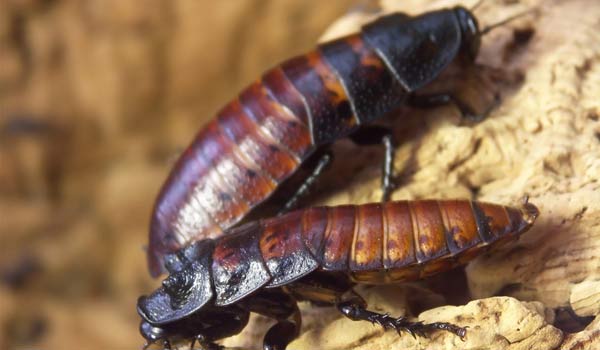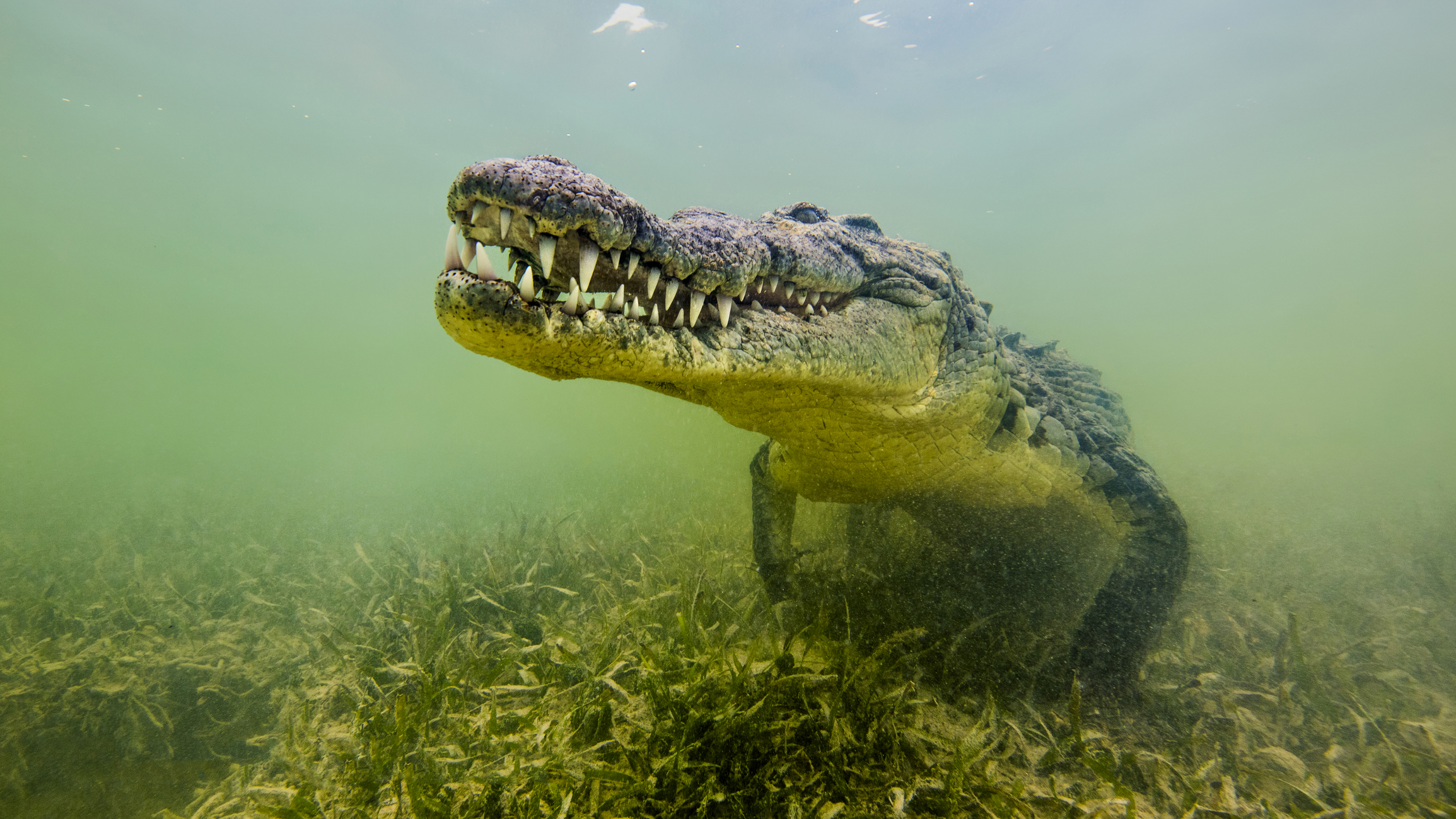Do Bugs Taste Good When You're Starving to Death?

Get the world’s most fascinating discoveries delivered straight to your inbox.
You are now subscribed
Your newsletter sign-up was successful
Want to add more newsletters?

Delivered Daily
Daily Newsletter
Sign up for the latest discoveries, groundbreaking research and fascinating breakthroughs that impact you and the wider world direct to your inbox.

Once a week
Life's Little Mysteries
Feed your curiosity with an exclusive mystery every week, solved with science and delivered direct to your inbox before it's seen anywhere else.

Once a week
How It Works
Sign up to our free science & technology newsletter for your weekly fix of fascinating articles, quick quizzes, amazing images, and more

Delivered daily
Space.com Newsletter
Breaking space news, the latest updates on rocket launches, skywatching events and more!

Once a month
Watch This Space
Sign up to our monthly entertainment newsletter to keep up with all our coverage of the latest sci-fi and space movies, tv shows, games and books.

Once a week
Night Sky This Week
Discover this week's must-see night sky events, moon phases, and stunning astrophotos. Sign up for our skywatching newsletter and explore the universe with us!
Join the club
Get full access to premium articles, exclusive features and a growing list of member rewards.
You're stranded on a desert island. There's no low-hanging fruit, no slow-swimming fish. As it turns out, you don't suddenly know how to fashion a spear and pierce it through the heart of a wild animal. You're getting hungrier by the hour.
Most of us have wondered what we would do in such a situation. We've heard stories about people surviving off of such unappealing fare as shoe leather, insect larvae, and even human flesh . From the comfort of our own homes, with the well-stocked fridge not far away, such desperation is hard to imagine. But when you are truly starving, do you develop an appetite for less-civilized food?
"Yes," said Remco Havermans, a psychologist who studies appetite at Maastricht University in The Netherlands. Research shows that people's standards for what they are willing to eat lower significantly after just a few hours, he said. "When hungry, you will thus probably eat anything as long it is caloric and as long it is recognized as something edible."
In a recent study by researchers at the University of Wurzburg in Germany, study participants were given a choice between food they didn't like, but which, if chosen, they could eat immediately, and food they liked, but which would only become available in 90 minutes. "When food-deprived for 15 hours, participants went for immediate satiation and chose the larger immediately available portion even if that meant choosing the [less-preferred] food," Havermans told Life's Little Mysteries.
After 15 hours, your blood glucose level has dipped significantly, he explained. Somehow this must induce changes in the brain that lead you to desire a wider variety of food than normal. No one knows quite how this happens, though. "Unfortunately an extreme starvation [research study] is ethically not allowed. Therefore we will probably never know the exact underlying neural correlates," said Nicolette Siep, another psychologist at Maastricht University who studies the neuroscience of hunger and addiction.
Though the brain chemistry of starvation has never been probed scientifically, our brains must undergo changes when we're starving, the researchers said, because otherwise it would be impossible for people in extreme situations to eat disgusting things that their normal brains would never recommend. [What's the Most Disgusting Thing in the World? ]
Bugging out
Get the world’s most fascinating discoveries delivered straight to your inbox.
If you do someday find yourself in a life-or-death situation, creepy crawlies may be your best option, according to Daniella Martin, insect chef and blogger at "Girl Meets Bug." First, bugs are an excellent source of protein (though their small size means you have to eat hundreds to get your recommended daily intake). Better still, Martin said, many of them are delicious even under non-starvation conditions especially when they are cooked.
"A cooked bug is quite different from a raw, live one. This is a distinction not often emphasized on sensationalist shows like 'Fear Factor' and 'Man vs. Wild'," she said. "In my experience, people react very well to edible insects when I [cook] them. Ninety-nine percent of their reactions are of pleasant surprise."
Of course, another uncertainty is whether you'll really be able to rub two sticks together to start a fire.
- Photographic Evidence: The Grossest Things
- Could Mass Cannibalism Solve a Future Food Shortage?
- How Powerful Is Willpower?
Follow Natalie Wolchover on Twitter @nattyover. Follow Life's Little Mysteries on Twitter @llmysteries, then join us on Facebook.
Natalie Wolchover was a staff writer for Live Science from 2010 to 2012 and is currently a senior physics writer and editor for Quanta Magazine. She holds a bachelor's degree in physics from Tufts University and has studied physics at the University of California, Berkeley. Along with the staff of Quanta, Wolchover won the 2022 Pulitzer Prize for explanatory writing for her work on the building of the James Webb Space Telescope. Her work has also appeared in the The Best American Science and Nature Writing and The Best Writing on Mathematics, Nature, The New Yorker and Popular Science. She was the 2016 winner of the Evert Clark/Seth Payne Award, an annual prize for young science journalists, as well as the winner of the 2017 Science Communication Award for the American Institute of Physics.
 Live Science Plus
Live Science Plus






